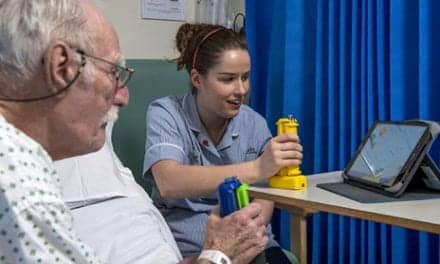
Richard L. Uhl, MD, lead study author, orthopaedic surgeon, Albany Medical Center, Albany, NY, adds that, “Musculoskeletal injuries are often seen concurrently with some studies estimating that 50% of patients with orthopaedic injuries also sustain a mTBI.”
In a recent news release, the American Academy of Orthopaedic Surgeons (AAOS) outlines a variety of statistics and facts behind mTBI. The release notes that the Centers for Disease Control and Prevention and the National Center for Injury Prevention and Control have declared mTBI a major health issue and a silent epidemic. The release also notes that patients with mTBI and lower extremity injuries are three times more likely to experience cognitive and behavioral difficulties at one year post-injury. Study co-author
Andrew J. Rosenbaum, MD, orthopaedic surgeon, recommends that post-mTBI, patients be counseled on their vulnerability to second-impact syndrome.
“Second-impact syndrome can have devastating consequences, including rapid-onset swelling of the brain; worsening function of the brain, spinal cord, muscles or nerves; and instability of normal body functions,” Rosenbaum emphasizes.
Orthopaedic surgeons, the study concludes, can assist in diagnosing mTBI, as they provide long-term care for traumatic musculoskeletal injuries and can ensure patients are appropriately referred to those with expertise in managing mTBI.
Source: AAOS





